UNESCO RESEARCH LAB
Unesco Research Lab is an interdepartmental research laboratory of the Politecnico di Milano that operates in close relation with the objectives and aims of the Mantova Unesco Chair: study and project, linking different disciplines and technologies, for the conservation, protection, and enhancement of the architectural, territorial and ecological-environmental heritage.
Architectural design and preservation and urban-territorial planning aim at reuse, valorisation, economic and environmental sustainability, safety of goods and citizens, and cultural information. The same goals expressed in the EU’s Agenda 2030, of making contemporary cities and settlements inclusive, safe, resilient, and sustainable, are pursued.
The people in the lab’s research team, each with their own expertise, contribute to the consolidation of relations with institutions and local realities in the context of numerous research projects, since the founding of the Polo di Mantova.
SERVICES
PROVIDED
The laboratory uses scientific research, field research, analysis and project development tools to provide research, consultancy and training services in all areas of activity within the scope of its expertise, exploiting the interdisciplinary synergies in the departments in question (DABC, DASTU).
Unesco Research Lab cooperates with organizations, companies and associations to facilitate joint participation in calls for EU and / or national funding.
PEOPLE
MANAGEMENT
COMMITEE
LUIGI FREGONESE
URL Scientific Director
CEAR-04/A – Geomatics
CARLO PERABONI
Coordinator of the Programme in Architectural Design and History
CEAR-12/B – Urban And Landscape Planning
DAVIDE DEL CURTO
Mantova Campus Vice-Rector
CEAR-11/B – Architectural Conservation
MAIN PARTNERS
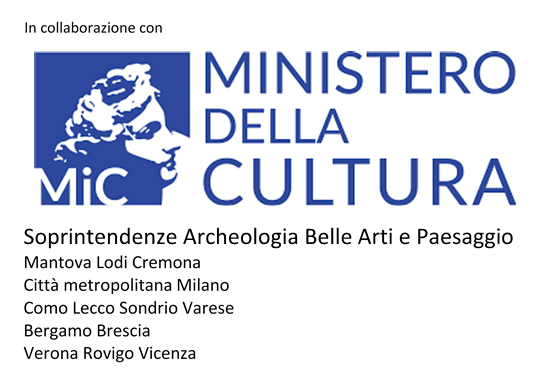
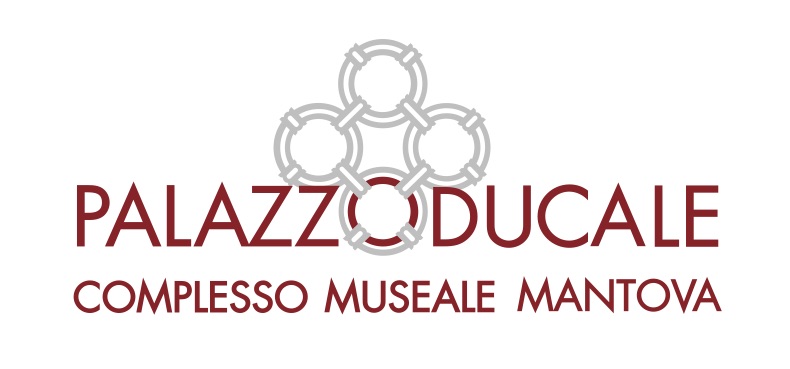
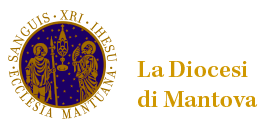
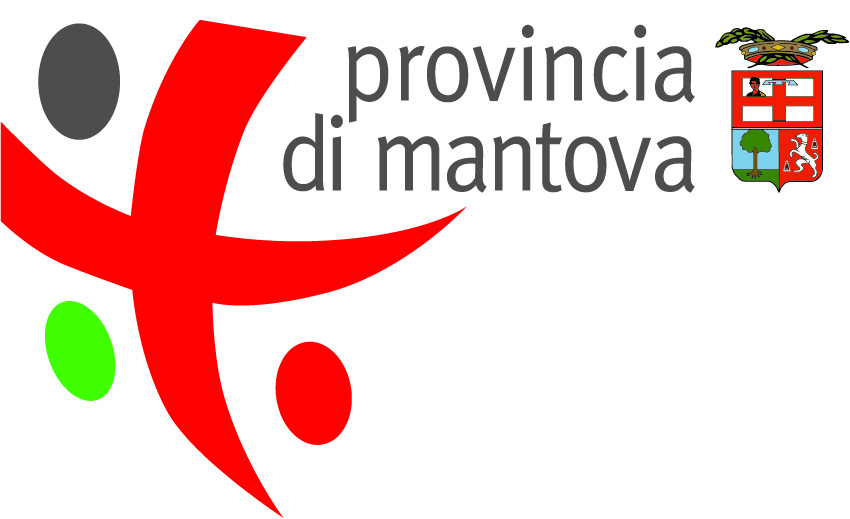
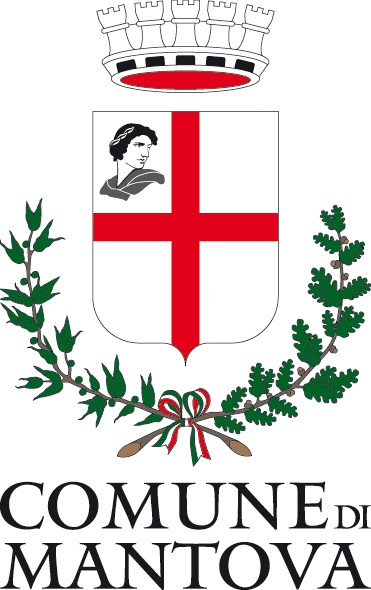
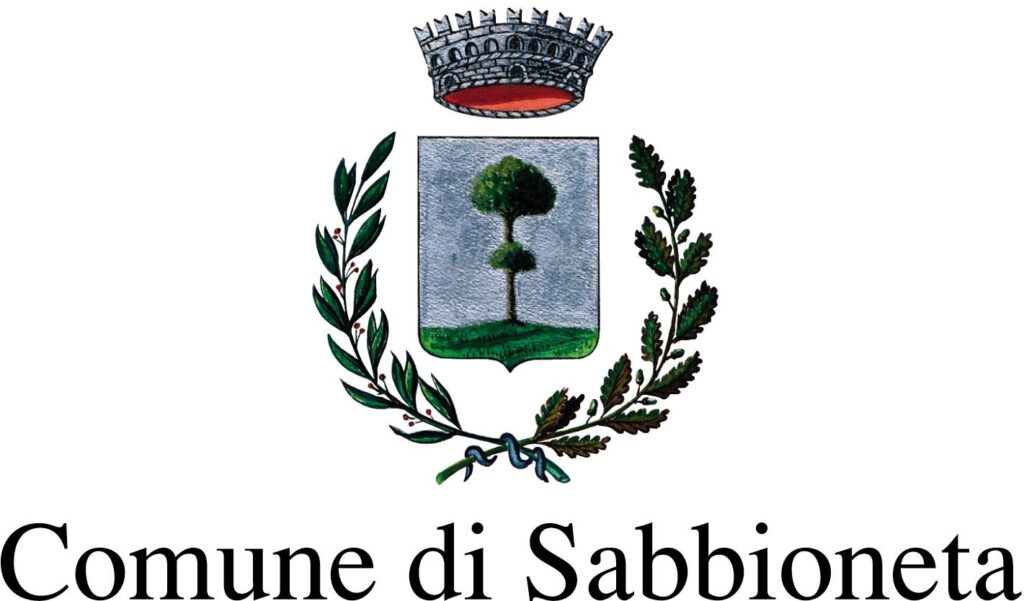
OUR INSTRUMENTS

photogrammetric and photographic cameras complete with sensors for the acquisition of images in low light conditions

terrestrial laser scanners for architectural, archaeological and structural monitoring surveys

UAS for architectural and enviromental surveys, with certification to fly in critical areas

total stations for the structural monitoring of Cultural Heritage

digital levels and other instruments of detailed topographical surveys

3d printer - replicas for educational, didactic, and integrative restoration purposes

workstations and software for the processing of survey data and modelling

instrumentation for printing and plotting maps and drawings

